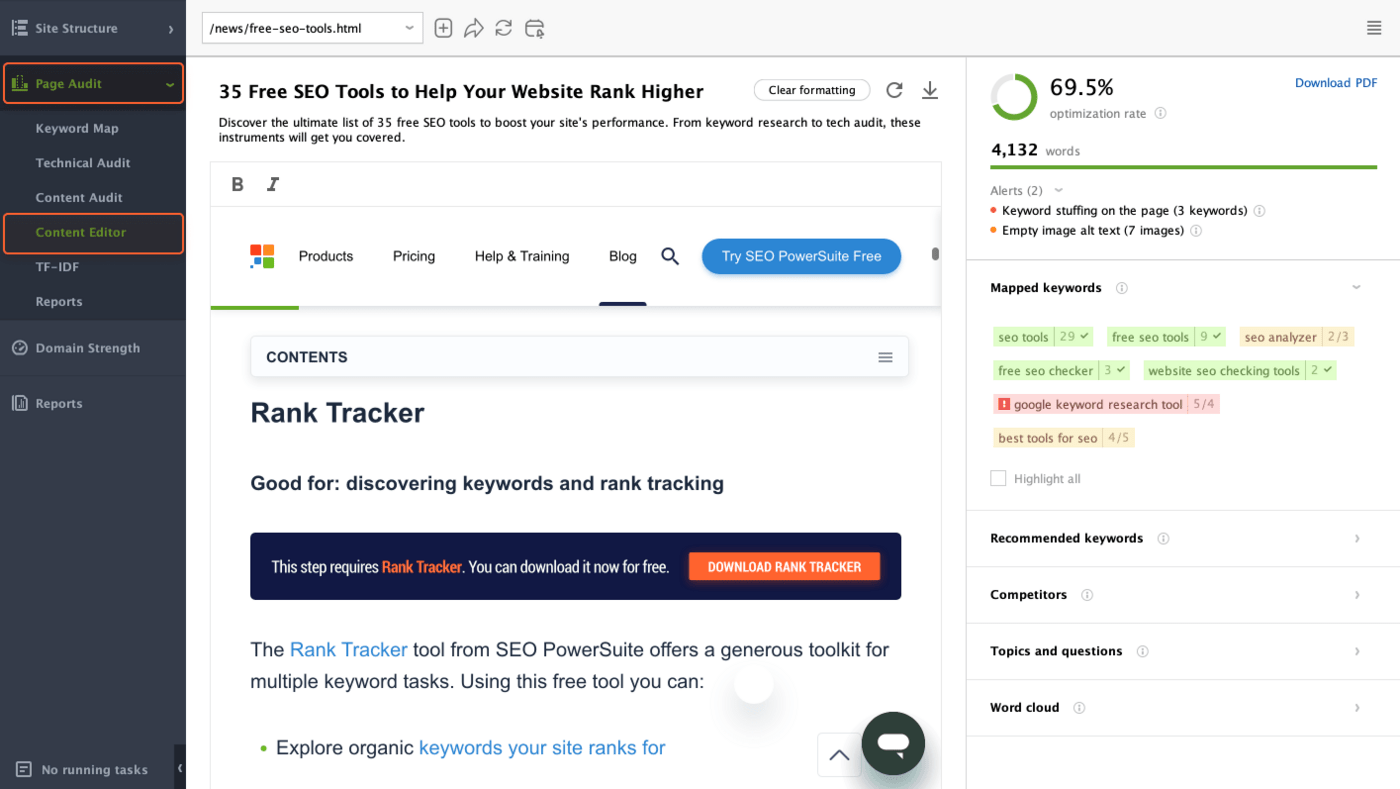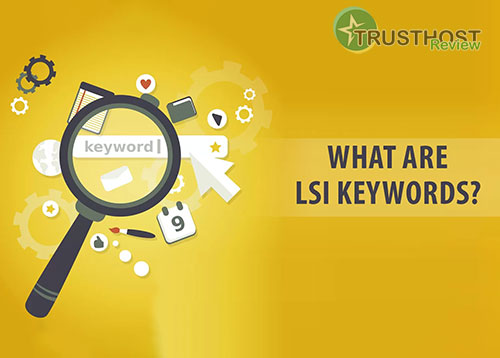Managed Hosting: What It Is and Why It Matters for Your Business
In the ever-evolving digital landscape, a strong online presence is non-negotiable. This is where managed hosting steps in, offering a robust and hassle-free solution for businesses of all sizes.
What is Managed Hosting?
Imagine this: you own a car but prefer a dedicated driver to handle the maintenance, fueling, and cleaning. Managed hosting operates on a similar principle. It's a type of web hosting where the hosting provider takes responsibility for the day-to-day management of your server, including:
- Server maintenance: Hardware and software updates, security patches, performance optimization.
- Security: Firewall management, malware scanning, intrusion detection, DDoS protection.
- Backups: Regular data backups and disaster recovery solutions.
- Technical support: 24/7 expert assistance for any server-related issues.
Why Choose Managed Hosting?
- Focus on Your Core Business: By offloading server management, you free up valuable time and resources to focus on what you do best – growing your business.
- Enhanced Security: Managed hosting providers employ robust security measures to safeguard your website and data from cyber threats, ensuring peace of mind.
- Optimal Performance: Expert server optimization ensures faster website loading speeds, improved uptime, and a seamless user experience.
- Scalability and Flexibility: Easily scale your hosting resources up or down as your business needs change, without any technical headaches.
- Cost-Effectiveness: While seemingly pricier than shared hosting, managed hosting offers significant long-term cost savings by eliminating the need for in-house IT staff and minimizing downtime.
Who Needs Managed Hosting?
- Businesses with limited IT resources
- E-commerce websites handling sensitive customer data
- High-traffic websites demanding optimal performance
- Organizations requiring robust security measures
Choosing the Right Managed Hosting Provider
- Experience and Expertise: Look for a provider with a proven track record and expertise in your industry.
- Service Level Agreements (SLAs): Ensure clear SLAs guaranteeing uptime, performance, and support responsiveness.
- Security Features: Prioritize providers offering comprehensive security measures like firewalls, intrusion detection, and DDoS protection.
- Customer Support: 24/7 expert technical support is crucial for resolving issues promptly.
In conclusion, managed hosting is a strategic investment for businesses seeking a secure, reliable, and high-performing online presence. By entrusting your server management to experts, you can focus on what matters most – driving your business forward.
















